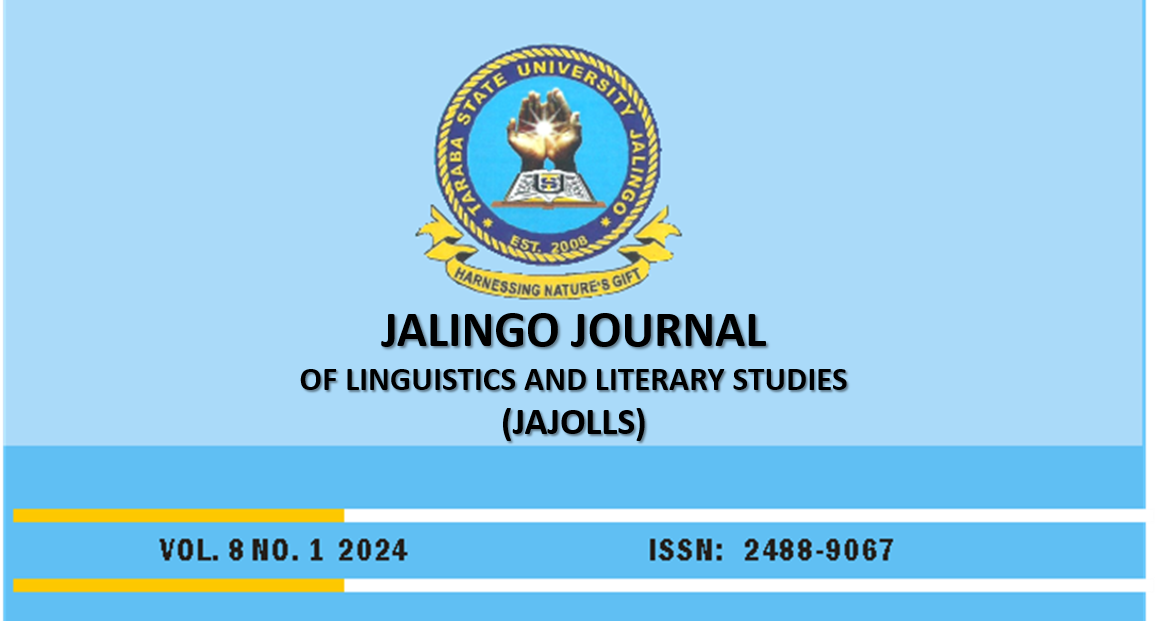Exploring the Frequency and Contextualization of Yoruba Indigenous Communication Practices in the Daily Life of Generation Z.
Abstract
Many indigenous cultures are going into extinction with the rise of modernization and the Yoruba culture is not left out of this new development. It is acknowledged that these indigenous communication practices are been eroded by westernization and with these developments came the emergence of a new generation of young people known as the Generation Z, the first generation to not experience life before the digital age. Hence it is important to find out frequency and contextualization of Yoruba indigenous communication practices in their daily life. This study anchores on social identity theory investigates the level of awareness and attitude of the GenZ towards the Yoruba indigenous communication practices and how frequently these young people engage in these communication practices. The population of the study was the Generation Z students of Covenant University. It employs the survey method using questionnaire as the instrument of data collection. 400 copies of questionnaire are administered to the students to ascertain their level of knowledge, frequency of engagement and overall attitude towards Yoruba indigenous communication practices. Findings reveal that majority of the respondents have little knowledge about the communication practices with a positive attitude but the level of engagement with these Yoruba indigenous communication practices were very low. It concludes that the Yoruba indigenous communication practices is not commonly used by the Generation Z even though they have a positive attitude towards these practices, hence revealing the fact that these indigenous communication practices are gradually going extinct. It therefore recommends that schools include more indigenous courses and subjects into their curriculum and also introduce more culture appreciative events in order for the young generation to be more involved in these indigenous communication practices.

